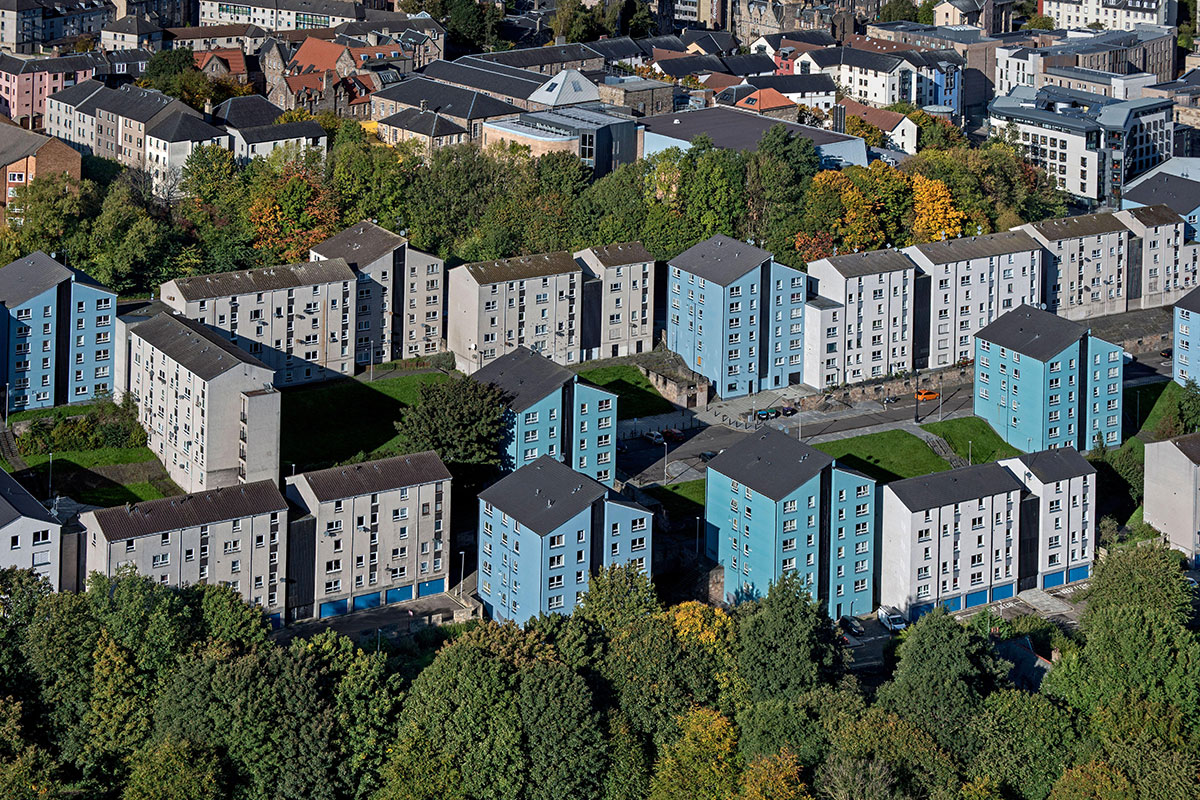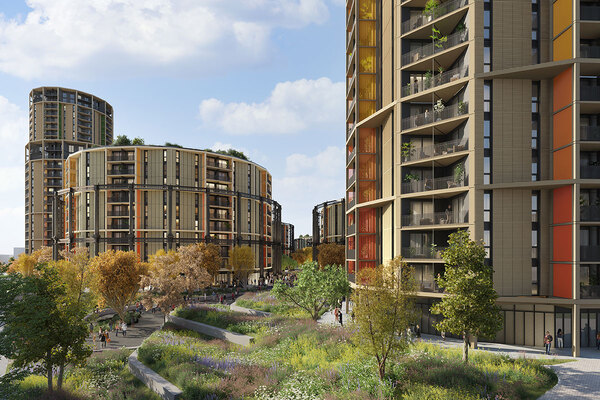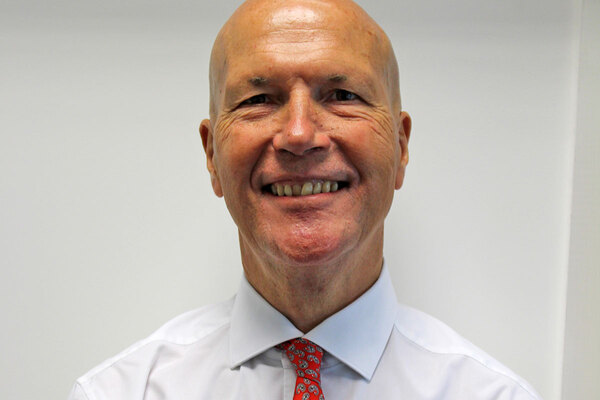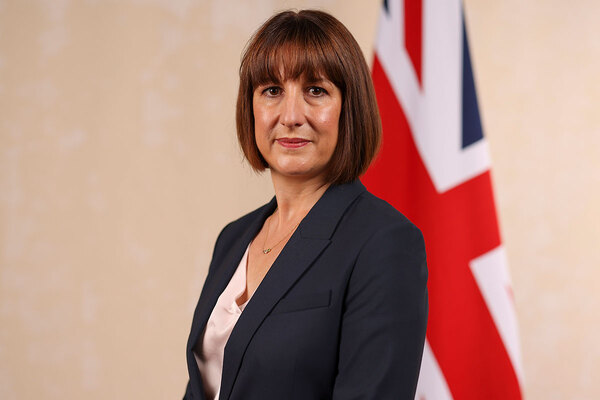Scottish government will ‘seek new routes’ for social landlords to buy up homes that private landlords sell
The Scottish government will seek ways to encourage social landlords to buy up homes being sold by private landlords leaving the sector, a minister has said.
Patrick Harvie, minister for zero-carbon buildings, active travel and tenants’ rights, told delegates at the Chartered Institute of Housing’s (CIH) Scottish Housing Festival yesterday that the government would look to “increase the routes” for social landlords to acquire the homes.
Responding to a question about private sector landlords leaving the sector due to the rent freeze his government has imposed, he said: “What happens is some of those homes will be bought by other private landlords and some of them will be bought by people who want to live in them.
“But it’s also possible that we can increase the routes for some of those homes to move into the social rented sector, so that the expansion of the social rented sector is not entirely about new build. There’s always been some acquisition [by social landlords] but we can look at routes to expand that.”
It comes as Scottish landlords increasingly warn that new build development is at risk, as they face rising prices that have pushed the cost of some new build projects north of £250,000 per unit, at the same time as they have agreed to keep rents well below inflation.
The sector also faces costly decarbonisation commitments, but has seen the government recently cut its budgets for new affordable housing supply.
“I’m not going to pretend for a moment that the Scottish Budget is everything I would wish it was. The Scottish Budget has not been given an inflation-proof settlement by the UK [government] so we’re not able to pass on the level of investment that we would like to in a whole host of areas,” Mr Harvie said.
Asked if these changes would disrupt the Scottish government’s commitment to oversee the development of 110,000 affordable homes by 2032, Mr Harvie, a Scottish Green Party MSP who is part of the coalition government with the Scottish National Party, said: “Obviously, the Scottish government continues to be committed to doing that, but I think we’ve always been conscious that some of that was likely to be back-loaded. It’s not going to be a single straight line curve.
“There have been significant problems around the increase in the cost of construction… so that is likely to increase the extent to which the target is back-loaded, rather than front-loaded.
“Like any target, if you get 95% of the way there that’s pretty good, but you want to get 110% of the way there if you can.”
Asked why the government did not consult over emergency legislation introduced in October that announced a rent freeze, Mr Harvie said: “If we had done that, the immediate effect would have been massive rent hikes everywhere. So it was necessary to bring that legislation in and do so in a way that meant rent increases could not be applied in that way.”
The government ultimately agreed to exempt the social housing sector from the rent freeze in December.
But the period of uncertainty is understood to have caused some providers to delay or cancel planned development work and disrupted investment in the sector.
Social landlords in Scotland are required to keep their rents affordable by the regulator, with councils planning rises of around 3% and housing associations around 5%.
Mr Harvie said the emergency legislation covering the private sector would remain until September, at which point the limit on rises would be raised from 0% to 3%.
“In many other European countries you can see forms of rent control which have been in place for many years and they have a bigger private rented sector than Scotland has,” he said.
“I don’t think regulation and affordability are incompatible with a successful and a viable private rented sector.”
Mr Harvie said the government intends to bring a housing bill to Holyrood “as soon as possible after the summer recess this year”.
He said the bill would “strengthen existing rights for tenants by implementing that national system of rent controls in the private rented sector with appropriate mechanisms for local authorities to introduce local measures and that will be in place by the end of 2025”.
He added that the bill “will also include new prevention of homelessness duties”.
Pamela McBride, a policy officer in the Homelessness Unit within the Scottish government, told delegates at a later session that the government intends to introduce a new duty on public bodies to “ask and act” on homelessness.
“What that simply means is public bodies who come into contact with people who are at risk of homelessness or may already be statutory homeless but may not recognise themselves as such should be required to ask a question about their housing situation and to take action on the back of the information that they get back,” she said.
“So that could be something like… taking steps to make sure that they have information at their fingertips that they’re going to need in order to make appropriate decisions for themselves. Or they can be taking steps to refer them to a local authority.”
She added: “What we don’t want to see is people getting to a crisis point before they can access help.”
Earlier, Callum Chomczuk, national director at CIH Scotland, had warned the government it would be the “worst possible time” to cut housing funding.
“If we don’t want supply to drop, if we don’t want next year’s homelessness figures to be worse again, if we don’t want managed decline in customer services or housing quality, then we need our ambition to be matched by resources from the Scottish government,” he said.
“Whatever your role in the housing sector, I think we can all agree it’s the worst possible time to go backwards in investment in our services.”
Sign up for our Scotland newsletter
Already have an account? Click here to manage your newsletters












